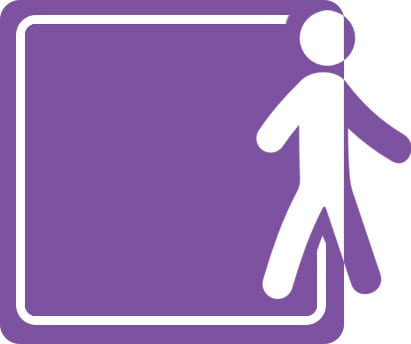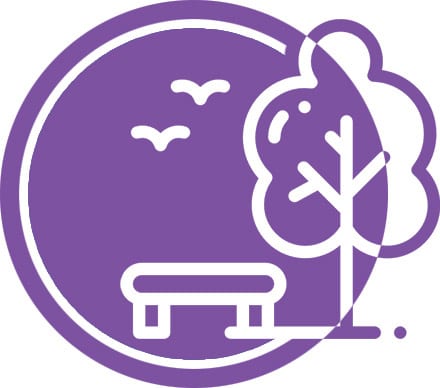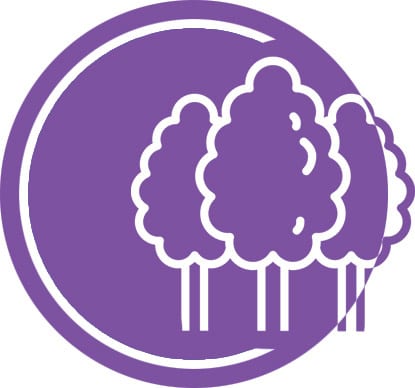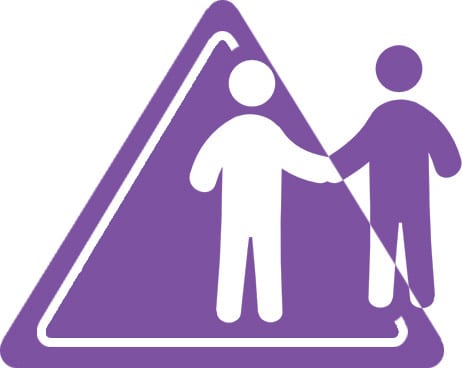What Is One Thing You Will Do Differently as a Result of COVID-19?
This summer REVOLVE Magazine asked its readers to tell us about their ideas and feelings during and after the lockdown period. Everybody has been impacted by Covid-19 and each of us has changed our understanding of mobility and how we get around.
This was an extraordinary time, allowing us to reflect internally and on our relationships with others, as well as: our current behaviours; our past habits; things that we’ve taken for granted; and things that we’d like to do differently.
Here are five of the contributors who really touched the REVOLVE team with their will to embrace change.
Reclaiming the street from the overbearing car.
– Casimir Legrand

National lockdown measures and the consequent shift to working from home to prevent the spread of COVID-19 have drastically altered the demand for road space. Reduced vehicular traffic has enticed people, myself included, to take up walking, running, or cycling, but within a new arena—a serene and rarefied space—otherwise known as the street, reclaimed from the overbearing car.
As restrictions are gradually eased, it would be wonderful if road space in our neighborhoods could be permanently reallocated for pedestrians and cyclists to occupy and enjoy. For instance, back in May, the Mayor of London unveiled the “London Street space” program that has transformed London’s streets to accommodate a ten-fold increase in cycling and a five-fold increase in walking. Active mobility programs such as London’s have made us realize how dominated we have become by cars and how this simple fix can offer us affordable and healthy recreation, while contributing to the alleviation of pressure on public transport systems and improvement in air quality.
Reclaiming space is a starting point for establishing complete neighborhoods, best encapsulated in the vision of a 15-minute city. This concept, outlined by Carlos Moreno, Paris urbanist and professor at The Sorbonne, describes an urban way of life in which all residents would be able to achieve most of their needs and access essential services within a short walk or bike ride. The permanent reallocation of road space would simultaneously curb climate change, while making cities in our new normal more attractive places to live.
Step on the breaks and look at the view.
– Eleanor Smith

The one change that I would like to see after the lockdown period is one that requires me to work on myself. It is no easy task as I have been faced with the challenge for years and I never quite seem to be able to crack it. COVID-19 forced me to change my life in several ways. It is a life lesson, which will help me lead a more balanced life.
I tend to be over-ambitious with my time. My passions pull me in different directions, and it can be a struggle to give myself enough rest. I was so busy before COVID-19 struck, that I was often only home in time for a late supper and bed. At the weekend, I would be out in nature as much as possible, somewhere with horses.
Then COVID-19 happened, my weekly volunteering with the Red Cross stopped, my office closed, the horse that I was riding was put out to pasture for the summer. I found myself at home more than ever, with five days of home office a week. That was new. I also launched my own solo communications company.
I had to build myself a new every day. I enjoyed being more at home and in charge of my day. I loved the challenge of juggling both of my professional careers during a crisis. This crisis taught me more about myself and has given me a peak at a possible future life.
I have learned that I cannot do it all. That I can overwork at home too, spending hours staring into a screen without giving myself a break. I know that I need to rest, meditate, eat, and sleep enough and regularly. I cannot do it all, all the time. I need to look after my mental and physical health. Things come and go in phases and I have learned to go more with the flow. I have to say “no” especially to myself, and although I know that it is a life lesson that I will have to keep learning over and over again, the current COVID-19 situation helped me to step on the breaks and look at the view.
The unwavering resolve of nature
– Jessica Anouchka Chvatal

It was in flora and fauna I found a renewed sense of purpose and appreciation. As the coronavirus pandemic gradually became the defining global health crisis of our time, forced retirement from the hustle and bustle of the concrete jungle awakened me to the formidable and unwavering resolve of nature. In all its glory, the natural environment is a parallel reality to ours; brutal and unforgiving but also astonishing and resilient.
News headlines proclaim the world is on standstill. On the contrary, the world is in constant motion; ever-evolving and turning crisis into opportunity. Whether it is an orb-weaving arachnid architect patiently waiting for its prey, an obedient and enthusiastic soldier ant foraging for food or the stubbornness of a sticky seed determined to disperse, each taught me valuable lessons about ingenuity, productivity and adaptation.
Unexpectedly, the powers that be chose to value human life over profit. Imposed lockdowns were deliberate acts that led to the forced shutdown of our economies. This universal response manifests a shift in political ideology, positioning life at the forefront of policymaking.
We have witnessed talent, expertise, and experience from all walks of life and corners of this Earth come together as a team, problem-solving for the survival of our species. With this advent sense of the interconnectedness of humanity, there has never been a better time for us to strike a meaningful conversation to drive more desirable social-ecological pathways of transformation and embrace the humanization of globalization for a future sustainable society.
Cultivating kindness
– Almut Bonhage

The one thing I will do differently (see my other contribution – I do already cycle every day):
All together I am more patient and more friendly with people – be it with family, colleagues, friends, strangers or also with myself. It was a friend of mine who told me during a phone conversation in the middle of the lockdown period that she believes that we all need that mostly in these difficult times: kindness.
I immediately started to apply it, and I am very happy about the positive effect it has on my well-being. I believe that we will have to get used to the idea (and we will experience it), to live in a constant crisis mode. We all have to develop more resilient ways of living. It’s very demanding for every one of us to question our lifestyle and to be open to change it. Cultivate kindness seems a useful tool to manage to get there.